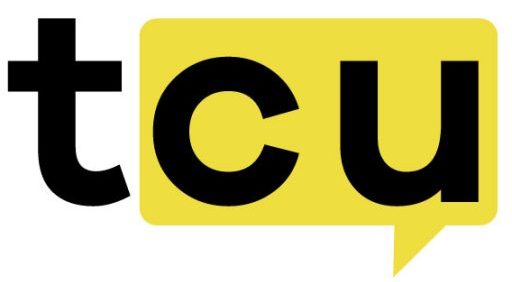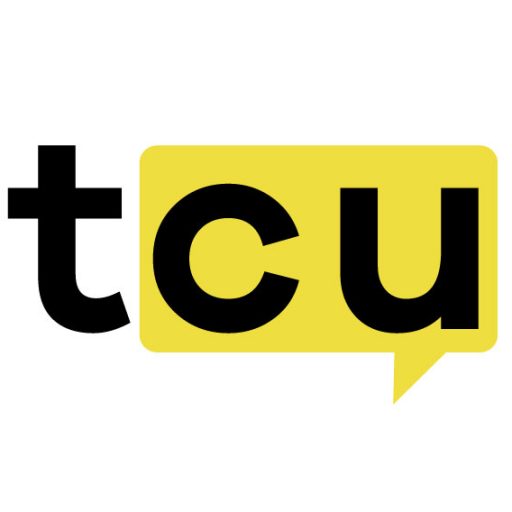ZK Coprocessor Meets Derivatives Trading
Brevis, a zero-knowledge coprocessor platform, has teamed up with Kwenta, a decentralized derivatives exchange operating on Optimism. This partnership aims to bring more sophisticated trading capabilities to decentralized finance while reducing costs and enhancing security. The collaboration represents what I think is a meaningful step in combining verifiable computation with on-chain trading infrastructure.
What’s interesting here is how they’re approaching the scaling problem. Rather than trying to push everything on-chain, they’re using off-chain computation with zero-knowledge proofs to handle the heavy lifting. This seems like a practical approach to me, especially given the current gas fee environment.
How Brevis Works in Practice
Brevis essentially acts as an enhancement layer for smart contracts. It allows them to access and process historical blockchain data across multiple networks without compromising privacy or scalability. The platform uses zk-SNARKs to perform complex computations off-chain, then sends only the verified results back on-chain.
This approach significantly cuts gas costs while maintaining transparency. Developers can use Brevis’ SDK to create custom logic and computation circuits without needing deep expertise in zero-knowledge cryptography. That’s probably the most practical aspect – making this technology accessible to developers who aren’t cryptography specialists.
Kwenta’s Trading Platform Gets an Upgrade
Kwenta operates on the Optimism Layer 2 network, enabling users to trade perpetual futures using sUSD, a synthetic USD stablecoin pegged to Synthetix. The platform supports both long and short positions, market hedging, and provides non-custodial trading.
With the Brevis integration, Kwenta can now perform complex trading calculations off-chain. This should translate to faster transaction speeds and lower gas costs. The platform can also scale across multiple blockchains more effectively. For traders, this means fewer interruptions and more polished features while maintaining the transparency that makes DeFi appealing.
Broader Industry Implications
This partnership reflects a growing trend where zero-knowledge technology is being used to address blockchain congestion without sacrificing trustless execution. As DeFi continues to grow – with total value locked projected to exceed $300 billion by 2025 according to some estimates – solutions like this become increasingly important.
Layer 2 rollups like Optimism and Arbitrum are playing a crucial role in this evolution. The Brevis-Kwenta collaboration not only improves efficiency but could also attract institutional traders who need scalable and auditable DeFi solutions. Community observers suggest this might be the first of many similar partnerships between ZK providers and DeFi platforms.
What stands out to me is how this addresses real user pain points rather than just being a technical showcase. Lower costs, faster transactions, and better features – these are things traders actually care about. The zero-knowledge aspect provides the security and verification needed to make it all work reliably.
![]()


